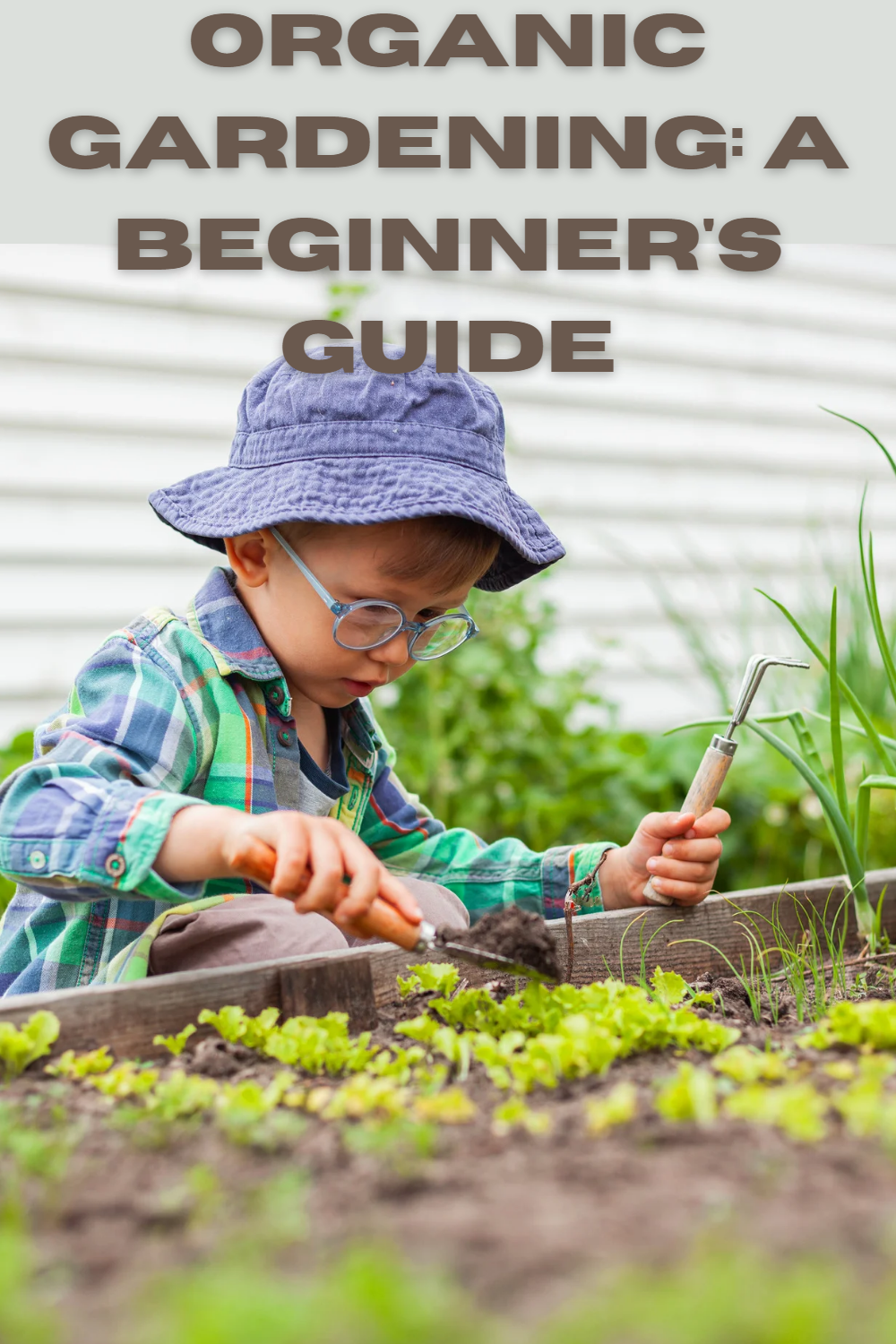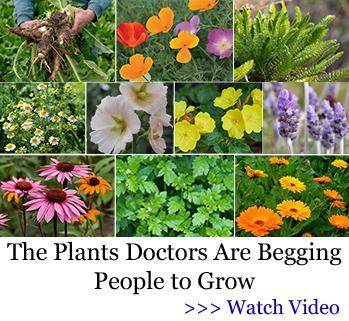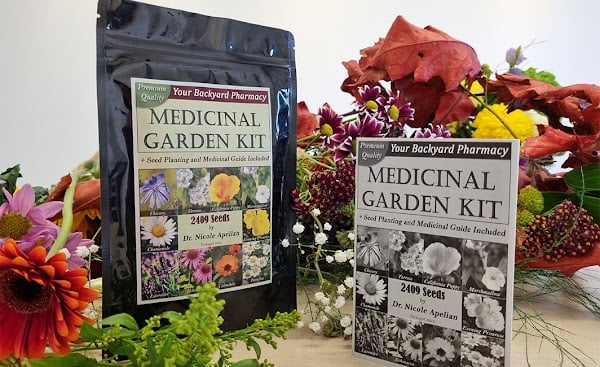Organic Gardening: A Beginner's Guide

Organic Gardening: A Beginner's Guide
Organic gardening is a method of growing plants without the use of synthetic fertilizers, pesticides, herbicides, or other chemicals.
It is a sustainable method of gardening that is better for the environment, your health, and your wallet.
Benefits of Organic Gardening
There are many benefits to organic gardening.
Some of the benefits include:
- Better for the environment: Organic gardening helps to reduce pollution, conserve water, and protect wildlife.
- Better for your health: Organic produce is free of harmful chemicals, which can improve your health and well-being.
- More affordable: Organic gardening can be more affordable than conventional gardening, as you do not need to purchase expensive synthetic fertilizers, pesticides, or herbicides.
- More sustainable: Organic gardening is a sustainable method of gardening that can be passed down to future generations.
- More productive: Organic gardening can be just as productive as conventional gardening, if not more so.
- More flavorful: Organic produce is often more flavorful than conventional produce, as it is grown in nutrient-rich soil and is not treated with chemicals.
- More beautiful: Organic gardens are often more beautiful than conventional gardens, as they are not sprayed with pesticides and herbicides.
How to Get Started with Organic Gardening
There are a few things you need to do to get started with organic gardening:
- Choose a location for your garden. The location should get at least 6 hours of sunlight per day. It should also be well-drained and have access to water.
- Prepare the soil. The soil should be loose and well-drained. You can add compost or other organic matter to improve the soil quality.
- Choose the right plants. Choose plants that are suited to your climate and growing conditions. You can find a list of plants that are suitable for your area at your local nursery or garden center.
- Plant your seeds or seedlings. Plant your seeds or seedlings according to the instructions on the package.
- Water your plants regularly. Water your plants deeply and regularly, especially during hot weather.
- Fertilize your plants. You can fertilize your plants with compost tea, manure tea, or other organic fertilizers.
- Weed your garden regularly. Weeds compete with plants for water, nutrients, and sunlight.
- Harvest your crops. Harvest your crops when they are ripe.
Natural Ways to Control Pests and Diseases
There are a number of natural ways to control pests and diseases in your garden.
Some of these methods include:
- Companion planting: Companion planting is a method of planting certain plants together to help control pests and diseases. For example, planting marigolds near tomatoes can help to deter whiteflies.
- Beneficial insects: Beneficial insects are insects that help to control pests. For example, ladybugs eat aphids. You can attract beneficial insects to your garden by planting flowers that they like, such as yarrow and dill.
- Homemade remedies: There are a number of homemade remedies that you can use to control pests and diseases. Some of these remedies include:
- Soapy water: Mix 1 tablespoon of dish soap with 1 gallon of water. Spray the soapy water on the pests to suffocate them.
- Garlic spray: Crush 2 cloves of garlic and mix them with 1 cup of water. Let the mixture sit for 24 hours, then strain it. Pour the strained mixture into a spray bottle and spray it on the pests.
- Neem oil: Neem oil is an organic pesticide that can be used to control a variety of pests, including aphids, spider mites, and whiteflies. Dilute neem oil according to the instructions on the label and spray it on the pests.
- Baking soda: Baking soda can be used to control a variety of pests, including ants, slugs, and snails. Mix 1 tablespoon of baking soda with 1 gallon of water. Spray the baking soda solution on the pests.
How to Store Your Harvest
Once you have harvested your crops, it is important to store them properly to preserve their freshness.
Here are some tips for storing your harvest:
- Cool your crops as soon as possible. This will help to prevent spoilage.
- Store your crops in a cool, dark place. This will help to slow down the ripening process.
- Store your crops in a breathable container. This will help to prevent moisture buildup, which can lead to mold and rot.
- Rotate your crops. This will help to ensure that all of your crops are used before they spoil.
- Eat your crops as soon as possible. This is the best way to ensure that they are fresh and flavorful.
Conclusion
Organic gardening is a great way to grow healthy, beautiful plants without harming the environment.
By following the tips in this article, you can get started with organic gardening and enjoy the many benefits it has to offer.


